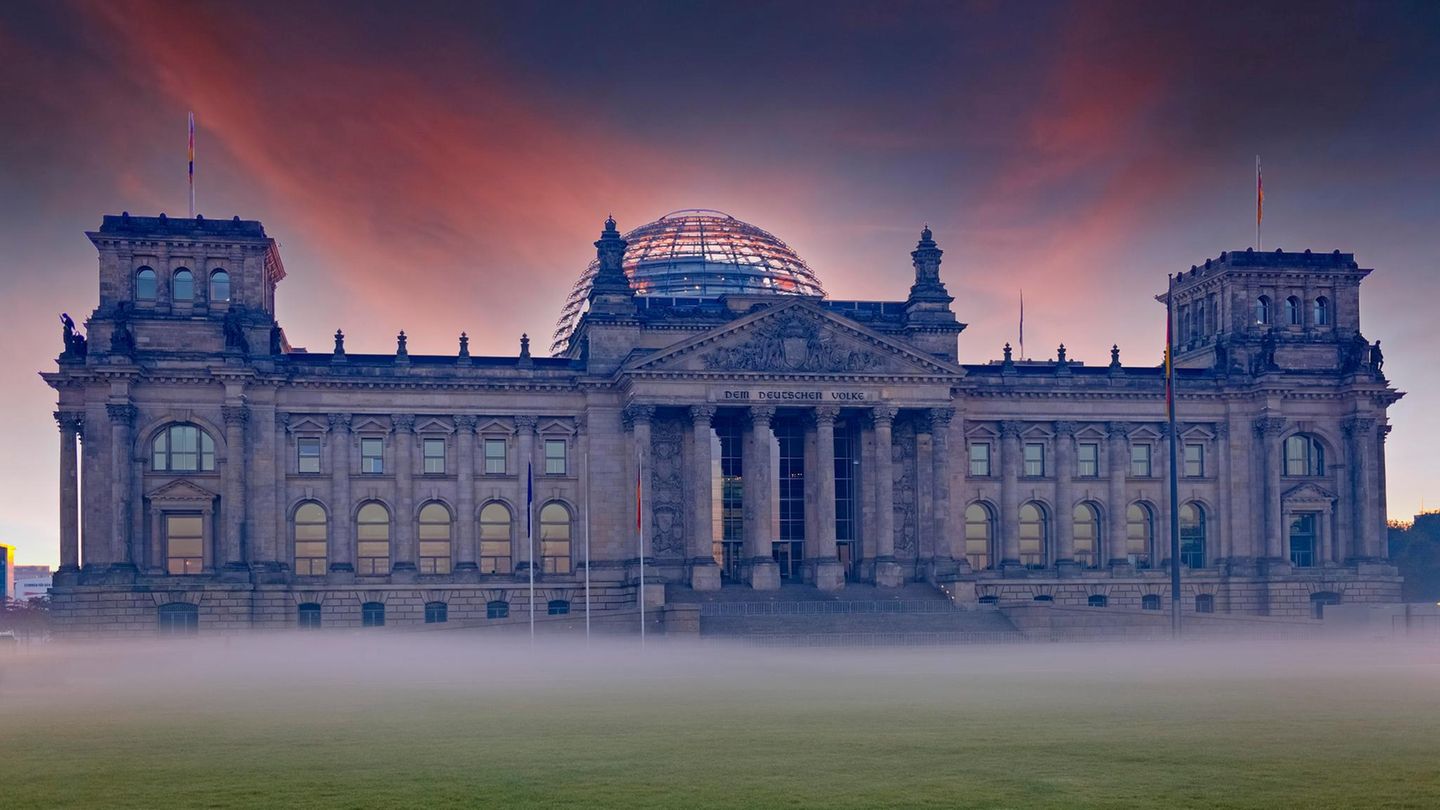Government crisis
New elections are scheduled to take place on February 23rd
Copy the current link
The Union and the SPD have agreed: the dates for the vote of confidence in Chancellor Olaf Scholz and the new Bundestag elections have been set. He found out star in Berlin.
Germany is scheduled to elect a new Bundestag on February 23, 2025. According to information from the Union and the SPD, star agreed on a corresponding timetable through the mediation of Federal President Frank-Walter Steinmeier. Accordingly, on Wednesday, December 11th, Federal Chancellor Olaf Scholz (SPD) will request a vote on a vote of confidence in the Bundestag on the following Monday (16th). The vote of confidence must be requested at least two days in advance.
We’ll probably know more by evening. After star-Information Union parliamentary group leader Friedrich Merz and SPD parliamentary group leader Rolf Mützenich are scheduled to meet with the Federal President at around 6:30 p.m. to present their compromise.
The Basic Law sets deadlines for new elections
The timetable: If Scholz no longer has the majority of MPs behind him, he will ask Federal President Steinmeier to dissolve the Bundestag. According to the Basic Law, Steinmeier has 21 days to do this. He is expected to announce his decision between Christmas and New Year’s Eve. This would mean that the targeted election date of February 23rd would be achieved within the constitutional deadline of 60 days.
The evening after the expulsion of his FDP Finance Minister Christian Lindner, Chancellor Olaf Scholz initially announced the vote of confidence would only be held on January 15th. New elections would then have taken place at the end of March.
However, this approach met with strong opposition from the opposition. Union parliamentary group leader and candidate for chancellor Friedrich Merz called for an immediate vote of confidence and new elections on January 19th. Merz later backed away from this proposal after doubts arose about the practicability of both the state’s electoral process and the parties’ lists.
The Federal President last spoke to the Chancellor on Monday evening about the possible course of the new election, as well as to Vice Chancellor Robert Habeck (Greens), opposition leader Friedrich Merz and SPD parliamentary group leader Rolf Mützenich.
It remains unclear which laws can be passed through the Bundestag before the vote of confidence. By Tuesday morning, the Union and the SPD had only agreed to jointly pass the law to better protect the Federal Constitutional Court from extremists.
The Union is still resisting several tax laws, for example to eliminate cold progression. According to the CDU and CSU, a new Bundestag could decide on this even after the election and put it into effect retroactively.
Editor’s note: This article has been updated since it was first published.
star
Source: Stern
I have been working in the news industry for over 6 years, first as a reporter and now as an editor. I have covered politics extensively, and my work has appeared in major newspapers and online news outlets around the world. In addition to my writing, I also contribute regularly to 24 Hours World.




